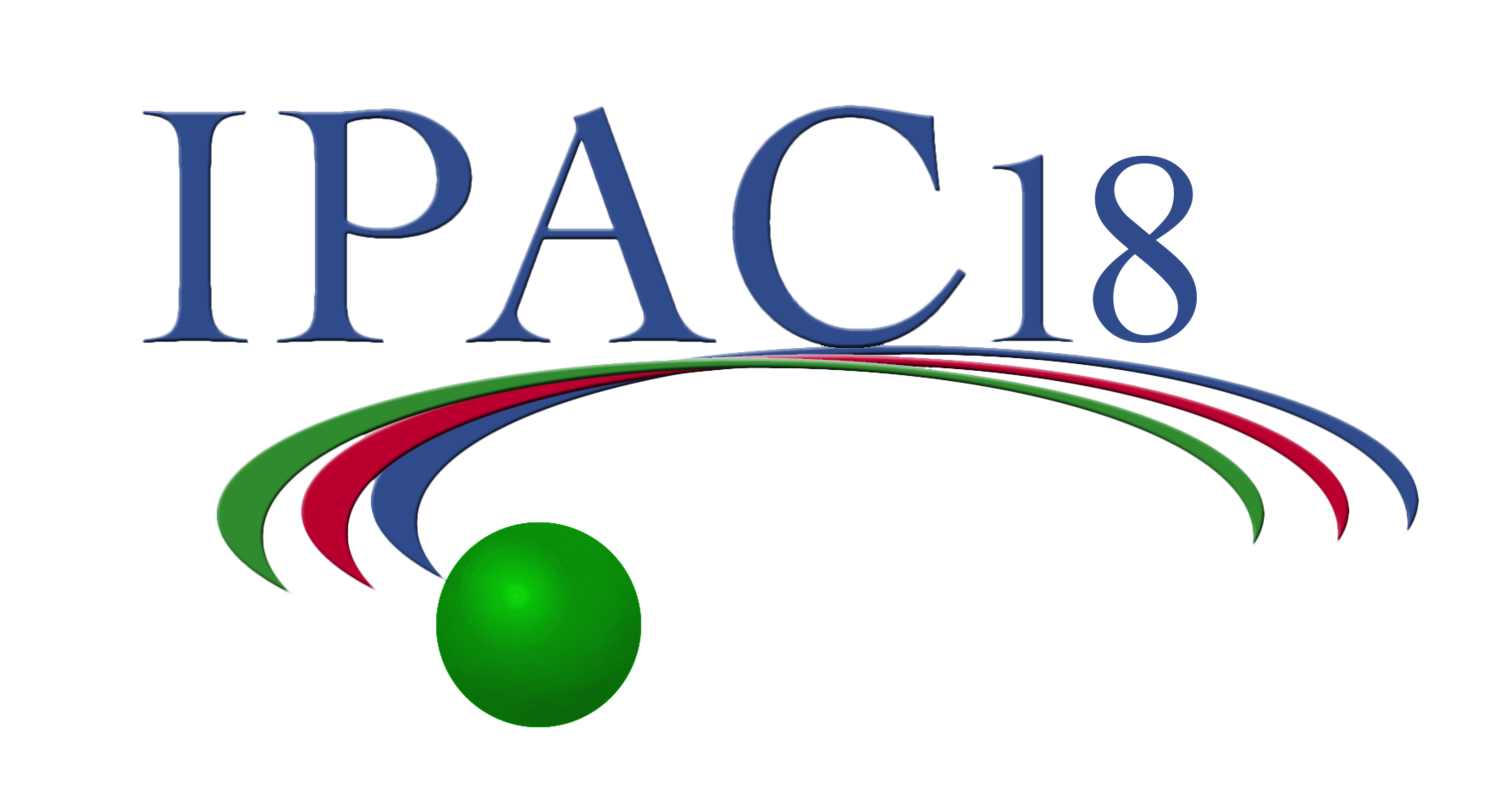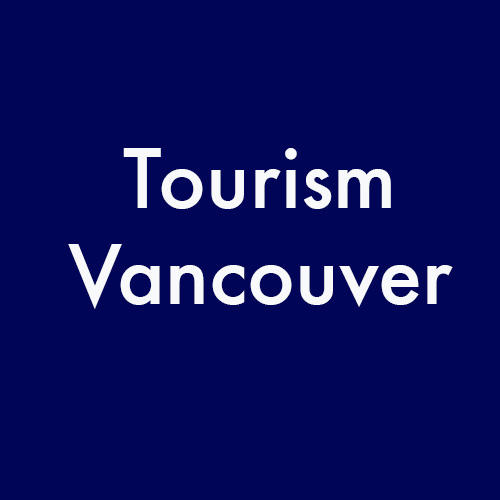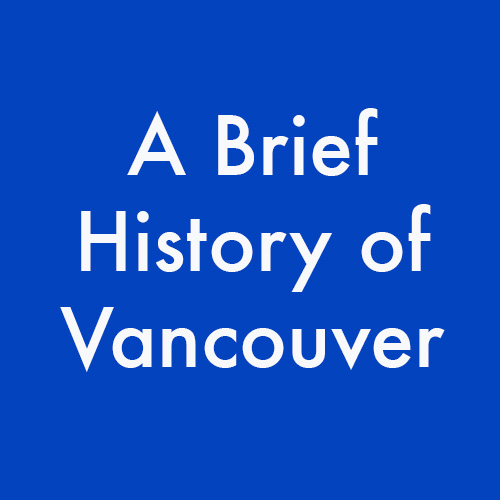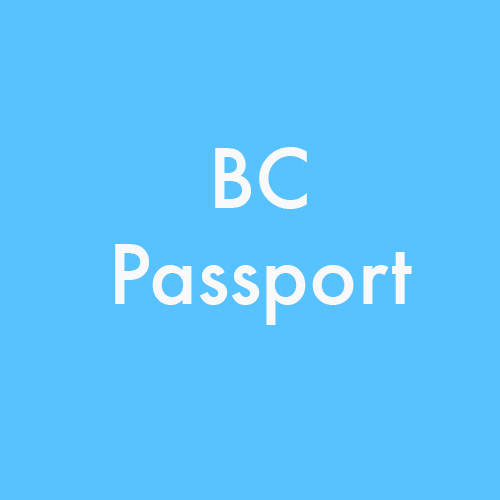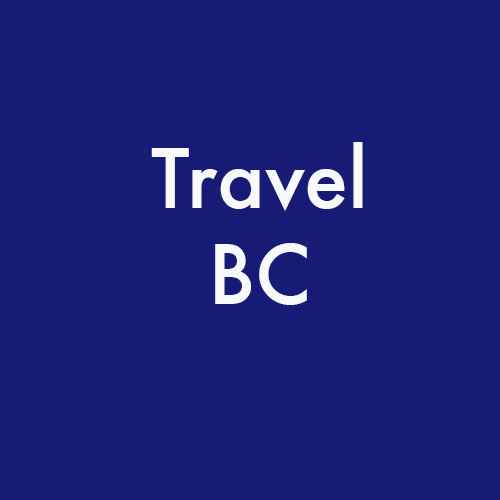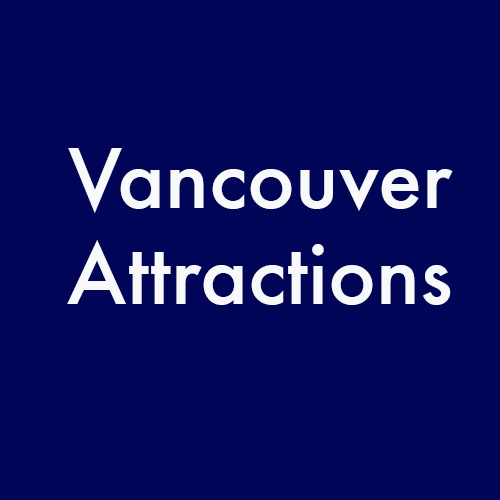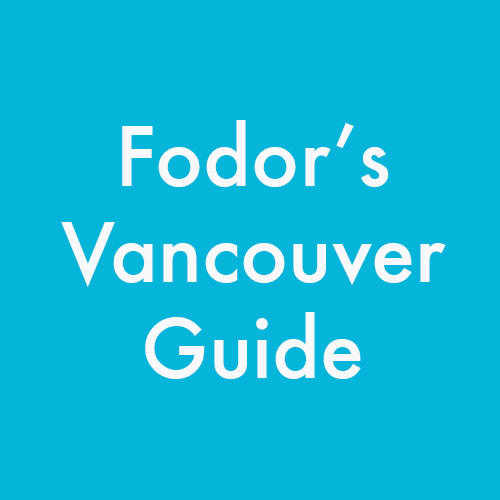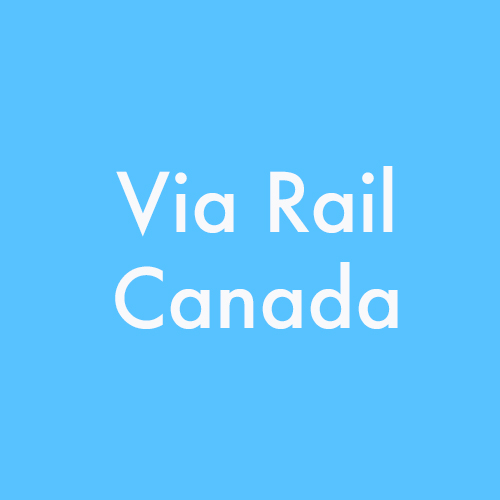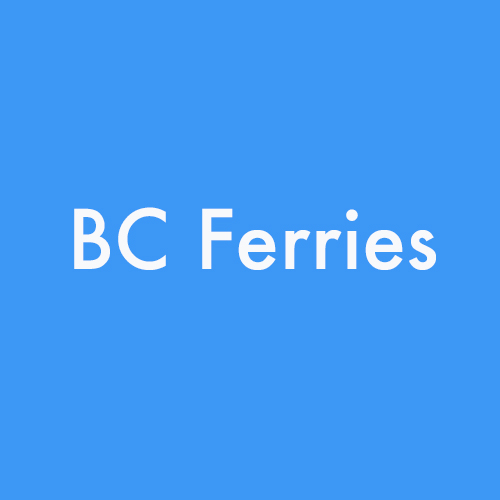About Vancouver
Vancouver is nestled between the great Coast Mountains and the scenic Pacific Ocean. Over the last fifty years, Vancouver's range of economic, cultural, and artistic infrastructure has broadened substantially. The combination of nature and modern amenities make it the perfect place for recreation, sightseeing, and relaxing.
The city is full of parks, golf courses, beaches, walks, and hikes to be enjoyed. The three local mountains (Grouse Mountain, Cypress Mountain, and Mt. Seymour) offer excellent skiing and snowboarding opportunities in the winter through late spring. Activities like kayaking, sailing, and paddle boarding are encouraged by Vancouver's proximity to the ocean.
Vancouver is within driving distance of many other BC destinations, such as Whistler (two hours) or Harrison Hot Springs (an hour and a half). Visitors can also travel by BC Ferries to Vancouver Island or the Gulf Islands.
Vancouver is renowned for its forests, lakes, restaurants, shopping and countless other exciting attractions. Please view the links below to help you plan your stay in Vancouver.
Travel Tips
Tipping
Gratuities are seldom included in Canadian restaurants. It is customary to tip approximately 15-20% on the total bill before tax, less for poor service, or more for truly exceptional service. Many restaurants may charge an automatic 15-18% gratuity for larger groups.
Electrical Plugs and Voltage
Vancouver and the rest of Canada uses the same electricity voltage as in the United States, which is 110V.
There are two types of sockets here. Some have just two pins, whereas some have two pins plus a round pin underneath. They are pictured below:
If you are coming from a country with different shaped pins, you will need to bring a plug converter with you. To be safe, purchase one before arriving to Vancouver or purchase them at the airport where you are more likely to find them.
Be mindful of the differences in voltage for your electronics. Some electrical equipment, such as camera and laptop chargers are usually dual voltage. Provided you have a plug socket converter, these should charge up just fine. Laptops often say
‘100 – 240 volts’, hence it is suitable for use in countries which have a voltage anywhere between 100V and 240V.
Not all chargers are dual voltage. For example, phone chargers may charge below their normal performance levels. Whilst they may appear to be charging, they could take days to become properly charged. A way around this is to buy an in-car charger. Car batteries all work on 12V, and if you plug in your car charger bought in a different country, it should have no problems in Vancouver.
General electrical items which are not operating on 110V will not work without the use of a transformer. Hair dryers for example, will not work.
*Taken from infovancouver.com
Customs and what you can bring to Vancouver
There are regulations with what you can bring into Canada, including limits on alcohol, tobacco, and gifts for friends and family. Check the Canada Border Services Agency Website for the most up-to-date information.
For more information, visit infovancouver.com/customs.
